Disclosure: This article may contain affiliate links. If you decide to make a purchase, I may make a small commission at no extra cost to you.
Eczema is a common inflammatory skin condition that can affect children and adults. Although most vegans will experience an improvement in their skin, some people believe that their diet may be causing eczema.
Around 20% of school children will develop eczema in the US. Researchers believe that genetics play a strong role, but breastfeeding and diet may play a role, too. [1].
One of the benefits you get from going vegan is glowing skin and an improved complexion. This is due to the diet being rich in antioxidants and anti-inflammatory foods.
However, as I’ve talked about before, this isn’t the case for everyone. Some people experience skin problems after starting the diet and even develop bad acne.
If you know what you’re looking for, the problems can be easily identified and corrected. After that, your skin issues should start to get a lot better with time. There also many natural products that you could try to help calm inflamed skin.
Now let’s examine why going vegan may worsen inflammatory skin conditions such as atopic dermatitis.
Why a vegan diet might be causing your eczema to flare up
Although you’ll likely experience a big improvement in your skin after you start the diet, especially during the first few months, the development of deficiencies and the inclusion of various types of foods may start to worsen your skin later on.
This is probably the last thing you expect, especially as your diet is probably much healthier than it was before. But don’t worry, there are some things you can do which can help improve your eczema.
#1. Imbalance of omega-3 and omega-6 fats in the diet
Most of the omega 3 that you’ll get on a vegan diet is in the form of ALA. This means that vegans will have to rely on the body to convert α-linolenic acid in the diet to EPA and DHA.
Unfortunately, some vegans will have a poor balance of α-linolenic acid (omega 3) and linoleic acid (omega 6) in their diet and this could worsen inflammation by inhibiting the incorporation of omega 3 into tissues [1].
The ratio of n-6 to n-3 is much higher in vegetarians and vegans, so it’s important to be careful about the foods you include in your diet and try to optimize the balance between these fats.
In one study, the average ratio of omega-6 to omega-3 in vegans was as high as 18.6! Whereas the omnivore group had a ratio of 9.9. This was measured in red blood cell phospholipids [2].
To improve inflammation, you have to lower your LA/ALA ratio. You can do this by consuming foods that have a high amount of ALA.
However, due to the poor conversion of ALA to DHA (especially in males), you may want to consider taking a supplement like algal oil, which provides a significant amount of DHA and is just as effective as fish oil. DHA is also thought to be the most beneficial omega 3 fatty acids when it comes to helping improve eczema [3].
Another consideration for supplementing is that nuts can be a trigger for some people and therefore some of the best sources of ALA might not be suitable.
#2. Low intake of zinc in your diet
One of the weaknesses of a vegan diet is the low amount of zinc it contains. This is especially true if you’re not eating a lot of legumes, which tend to be a great source of the mineral.
Zinc has long been known to play an important role in the immune system, skin barrier, and regulation of inflammation in the body. Studies have shown a significant relationship between zinc status and the severity of eczema in patients [4].
Even more importantly, supplementing zinc has been also shown to dramatically improve eczema in people with low hair zinc levels [5]. This is important because studies examining the zinc status of vegans have shown almost half of them to be deficient in this mineral.
One of the best zinc supplements to take is zinc picolinate. Some research suggests that zinc picolinate is the most effective at increasing zinc when measuring hair samples after comparing different forms of the mineral. You can read about my experience with zinc deficiency and acne and how I corrected it.
So, if you’re suffering from skin problems, I recommend that you give zinc a try and include legumes in your diet!
#3. Low Vitamin D levels
Do you ever notice that your skin conditions might flare-up in the winter? This can be a clear sign that you have lower vitamin D levels and may be contributing to your skin eczema.
In a systematic review and meta-analysis study, researchers found that patients with atopic dermatitis and low vitamin D levels. Also, some studies showed that supplementing vitamin D improved the severity of the disease as measured by SCORAD index and EASI score [6].
The authors did note that more research needs to be done before there is conclusive evidence that vitamin D benefits eczema patients, but correcting vitamin D deficiencies can help contribute to improving the condition.
People who live in places where they don’t get much sun or have dark skin are more likely to develop a vitamin D deficiency, and therefore taking vitamin D supplements is an option, since one’s dietary intake of vitamin D is unlikely enough to maintain adequate vitamin D levels [7].
Fortunately, we also now have a plant-based source of vitamin D that is totally vegan. And this vitamin D3 is better than the D2 form that you would normally get as a prescription and many vegan supplements.
#4. Foods that may worsen the condition
One of the ways that some people are able to reduce their flare-ups is by going on an elimination diet. This can be difficult for some people, but it might be worth it in case there are some foods that you’ve introduced into your diet that is causing your eczema.
Common foods which can trigger eczema in some people
- Soybeans (soy milk and other soy-based foods)
- Nuts and nut-containing foods
- Eggplant
- Gluten and wheat
- Tomatoes
- Spices
- Citrus fruits
- Chocolate
In an uncontrolled pilot study involving 100 children, elimination of certain foods was able to significantly reduce symptoms of atopic dermatitis. And there is other literature published which also recognizes that food allergies do play an important role [8].
#5. Other triggers
Assuming you’ve had eczema flare-ups before, you’re probably aware that there can be many other triggers aside from the four I’ve just mentioned. But if not, I’ll list a few below:
- Chemicals found in common household products.
- Excessive sweating.
- High ambient temperatures.
- Dry heat (using radiators in the home without a humidifier can worsen it).
- Rough fabrics.
- Using antibiotics that destroy healthy bacteria.
- Stress.
- Infections.
- Skincare products, creams, lotions, serums, and makeup.
Vegan supplements which can help improve eczema
Once you’ve corrected any deficiencies in your diet and ruled out any other cause of your flare-ups, you can now try using supplements.
#1. Probiotics
Probiotics are important in helping regulate the immune system and inflammation in the body. Studies are mixed on whether or not they are effective in treating patients with atopic dermatitis, but reviews of these studies have found that some strains of probiotics are more effective than others [9].
Strains of probiotics (single and mixed) which have been found to reduce disease severity include:
- Lactobacillus rhamnosus GG or L. GG.
- L. rhamnosus + L.reuteri.
- L. fermentum.
- L. casei + L. paracasei (in children with IgE-dependent atopic eczema).
- B. breve/synbiotics (improvement in IgE-sensitized infants).
- Bifidobacterium bifidum + L. acidophilus + L. casei + L. salivarius.
Read more about vegan probiotic supplements.
#2. Tocotrienols
Tocotrienols are a naturally occurring form of Vitamin E which is found in sources such as palm oil. It has far higher antioxidant potential than tocopherols which you normally find in supplements and has been shown to suppress degranulation of mast cell and inhibit histamine release [10].
Vitamin E in the form of tocotrienols may, therefore, be a good addition to help reduce inflammatory skin conditions such as eczema.
Read more about tocotrienol supplements
#3. Quercetin
Quercetin is found in many foods in the vegan diet but it’s especially found in high amounts in red apples and onions. However, due to the poor absorption of quercetin and the need for higher doses to have a significant effect on inflammation, supplements are often combined with bromelain.
Quercetin is able to effectively block human mast cell pro-inflammatory cytokine release (IL-6, IL-8, TNF-a) and help reduce the severity of contact dermatitis.
Read more about Quercetin for allergies.
Conclusion
Managing chronic inflammatory conditions can be difficult no matter which diet you adopt, however, all diets have pros and cons which may lead to deficiencies that can cause flare-ups.
Deficiencies that are most common on vegan diets that can worsen symptoms include Zinc, Vitamin D, and Omega 3.
Vegans also introduce many new foods into their diet that can trigger flare-ups. So it’s important to carefully plan the diet accordingly and recognize which foods are causing the problem. Elimination diets are useful for doing this.
By following the steps above, you can reduce the chances of having a flare-up while you follow a vegan diet.
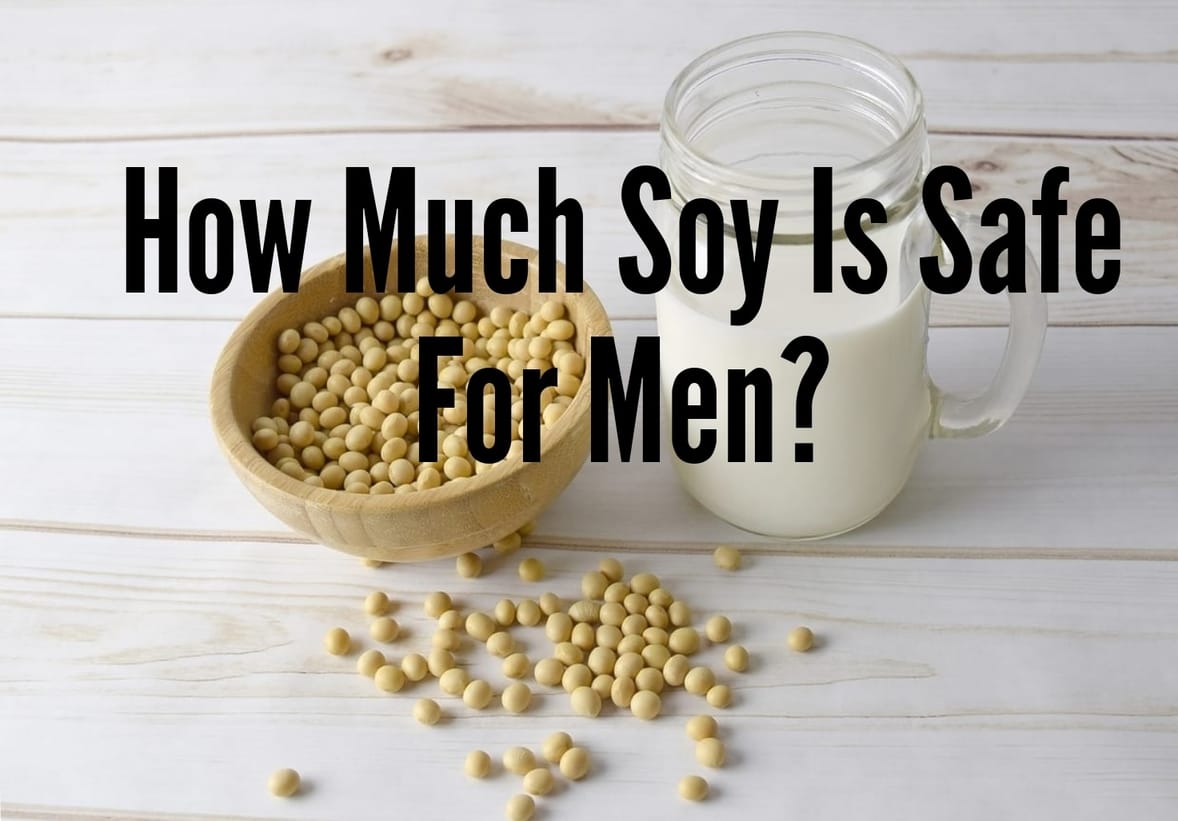
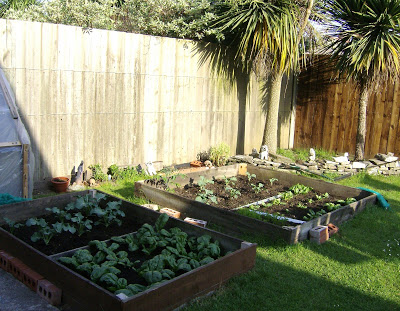


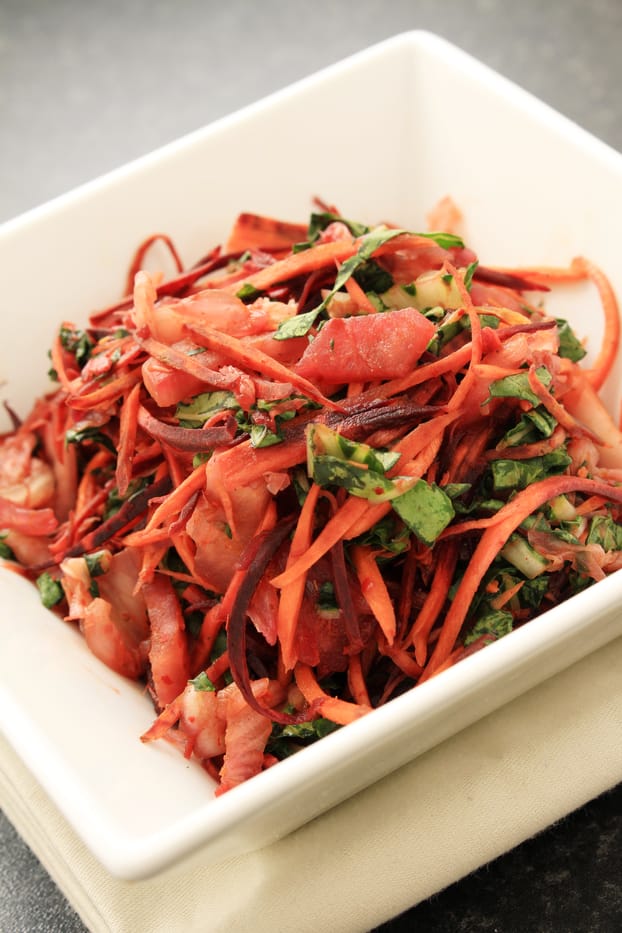
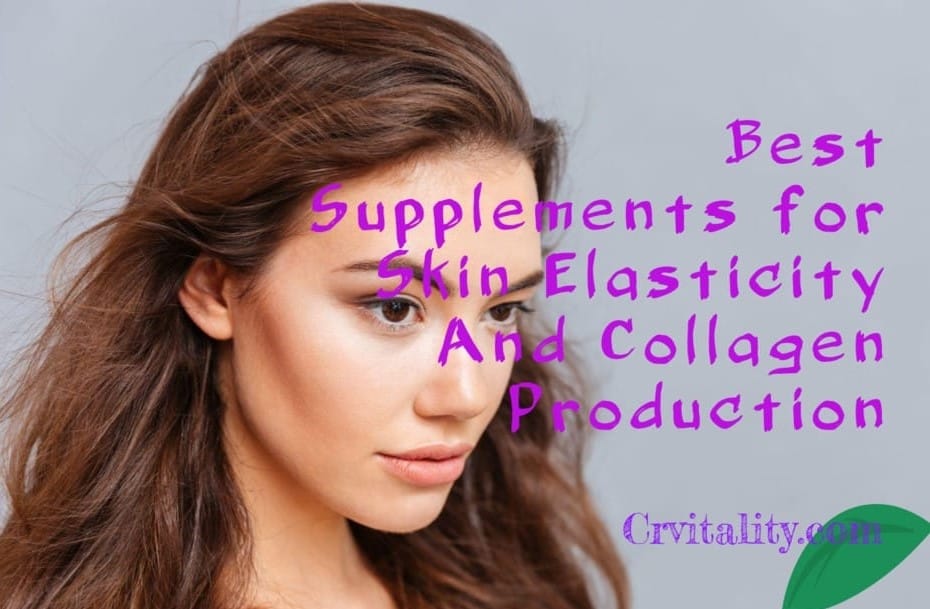
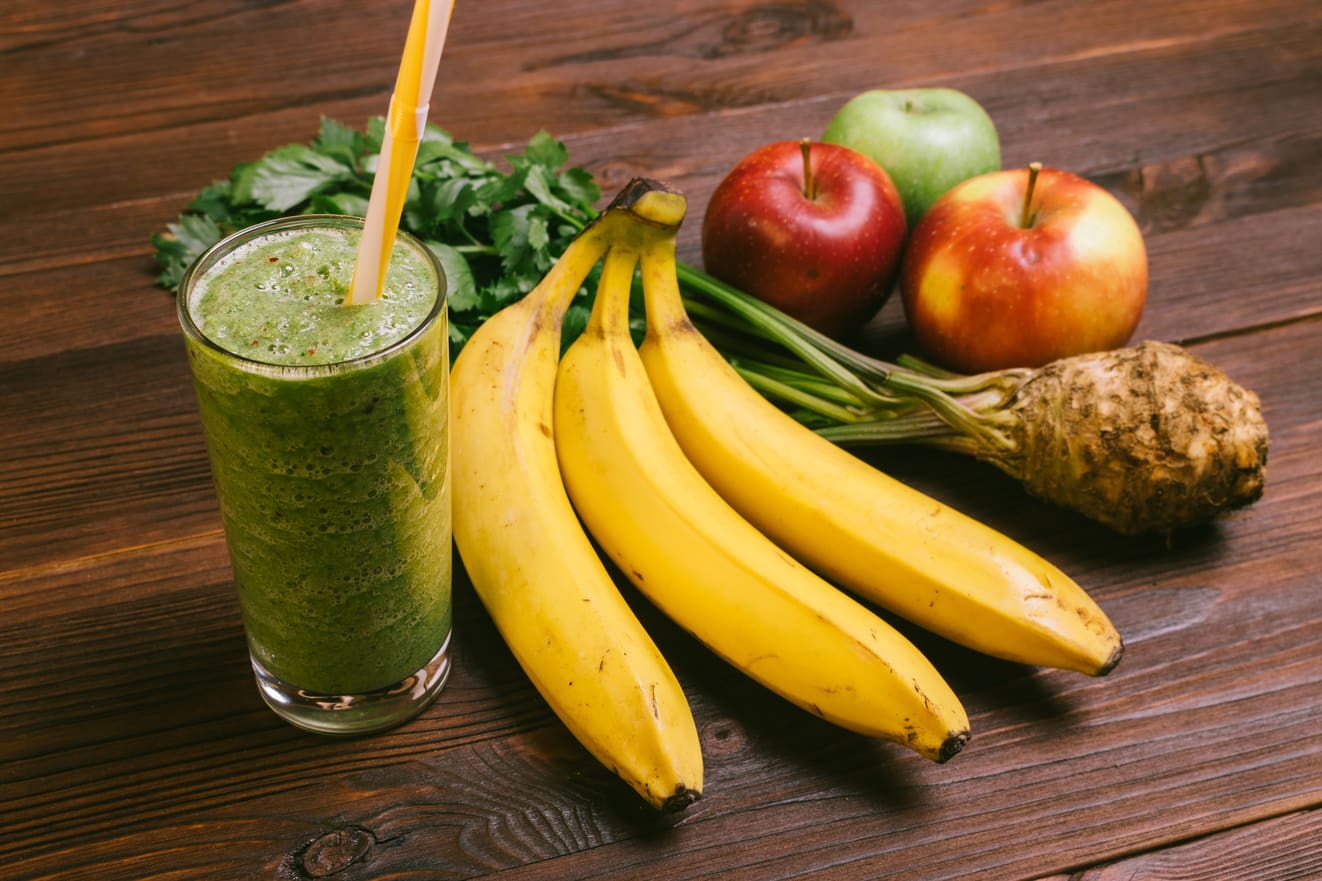
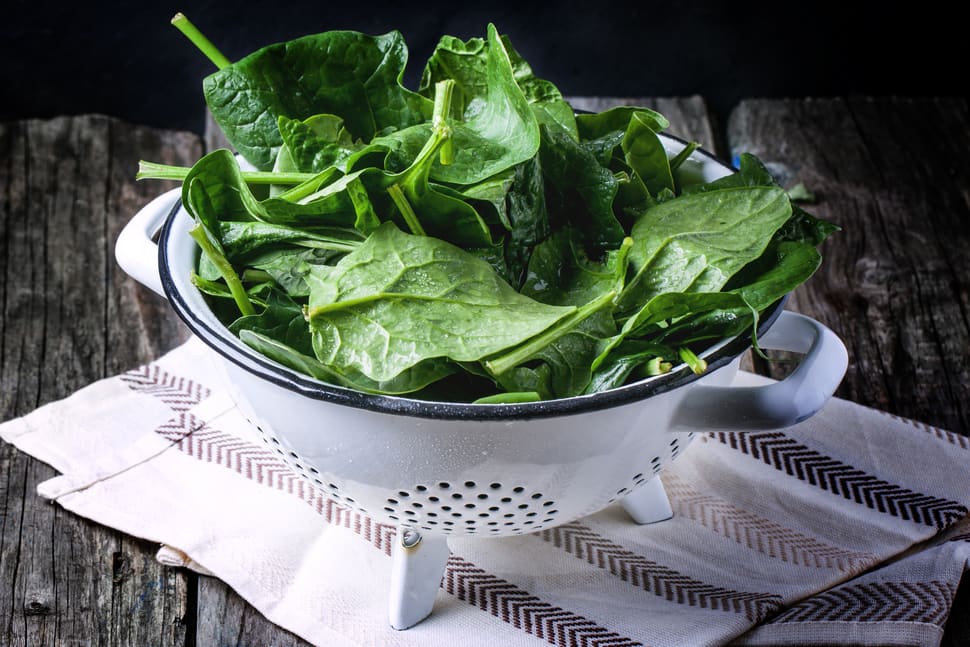

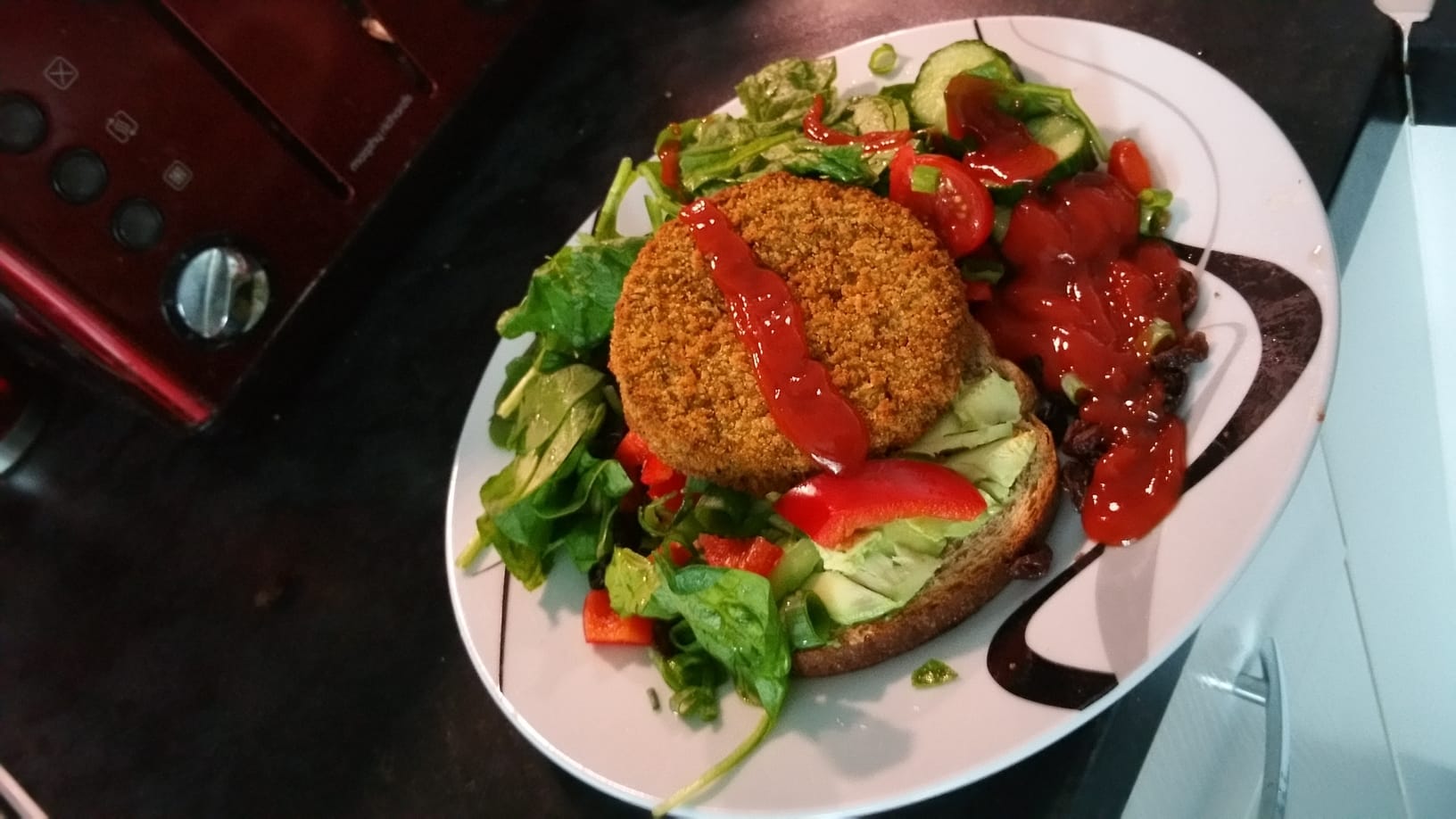
Man, been vegan for 8 years now and am having skin issues. It starts with dry skin then eczema and then gets infected! I’m really tired of this dry skin! I’m going to have to buy all these supplements first before going back to eating animal products. Honestly feel better as a vegan but these skin issues are getting old.
Hey Rich!
I would start out with at least 50 mg of zinc picolinate. It was by far the best supplement I took for my skin (and immune system). I’ve not been sick once since taking it over 2 years ago, and it completely cleared up the constant acne I was experiencing at the time (which never responded to anything). I also had issues with skin irritation from shaving that completely resolved since taking zinc. While I can’t be certain your issue is zinc related, it is common on a vegan diet and zinc plays a huge role in proper healing and immune response in the skin.
Please also take a look at the following:
https://www.crvitality.com/2018/05/vegan-diet-causing-skin-problems/
https://www.crvitality.com/2018/03/zinc-picolinate-for-acne-review/
Let me know how you got on. If you have any questions, please let me know!
Some additional information for you:
“Zinc deficiency may manifest as acne, eczema, xerosis (dry, scaling skin), seborrheic dermatitis, or alopecia (thin and sparse hair). There may also be impaired wound healing.”
https://en.wikipedia.org/wiki/Zinc_deficiency
Hey Matt,
I just wanted you to know that your site has been very educational, you’ve sent me on some research prowling with your links, and I’ve discovered useful info right here – thanks so much!
(The widipedia link had me then at pub med for quite some time . . . looking into bio-availability/absorption of zinc. It’s tricky. )
I’m one of those ‘lucky’ ones with a fairly mild form of psoriasis, but psoriatic arthritis that seems sort of like RA (fingers mostly, toes, some spine? All very mild except for two of ten fingers. I am addressing via diet, and it’s been a project figuring out what really causes reactions for me personally. It would be so nice is a green light went off when I eat something ‘safe’. Not the case, don’t really know in many cases, until many errors made.)
Anyway, will look around more, but your skin and diet inputs are very helpful thanks again.
eugenie
Hey!
I’m so happy to hear that you found my articles helpful. I really appreciate you letting me know, it means a lot to me to get some feedback.
Please do come back and take a look around! 😀 I had a bit of a break from this blog, but I’ll be adding a bunch of new articles soon!
Take care. 🙂
Matt
Hey Matt!
I just wanted to say THANK YOU so much for all of this valuable information! I just ordered some Zinc supplements because I too am experiencing this issue (a more mild form). I love your site! Keep up the great work and thanks for all your insight.